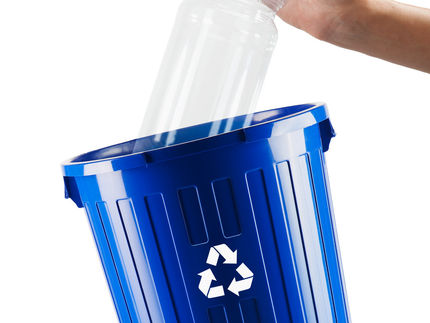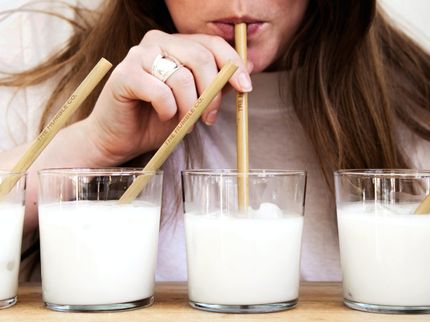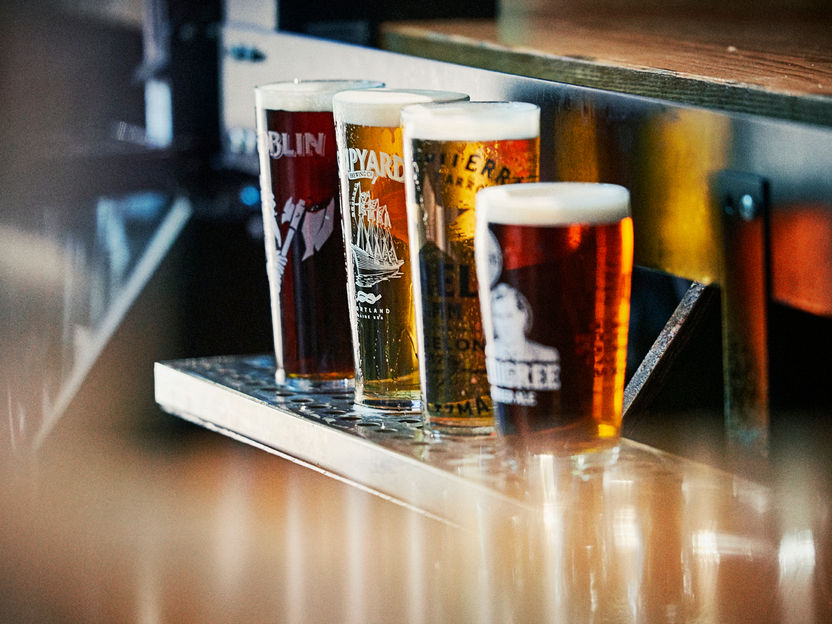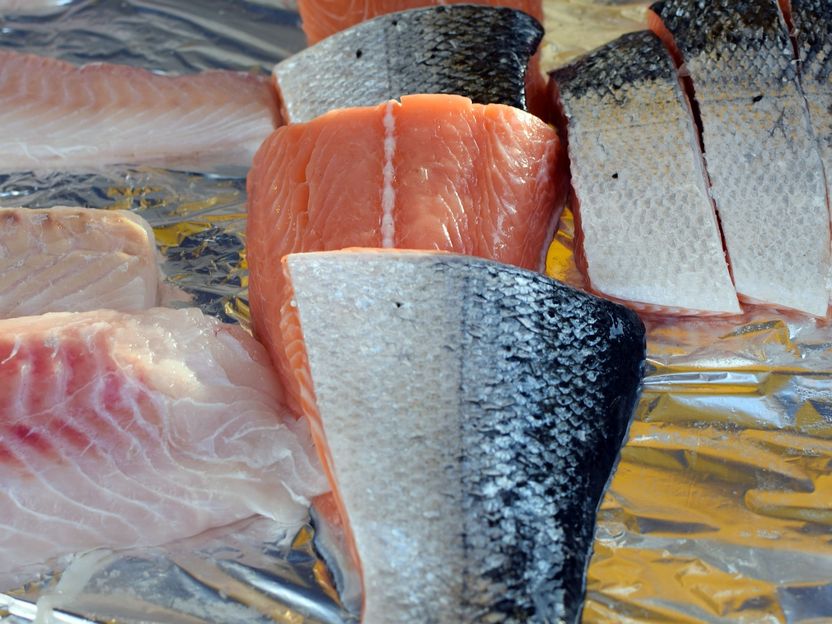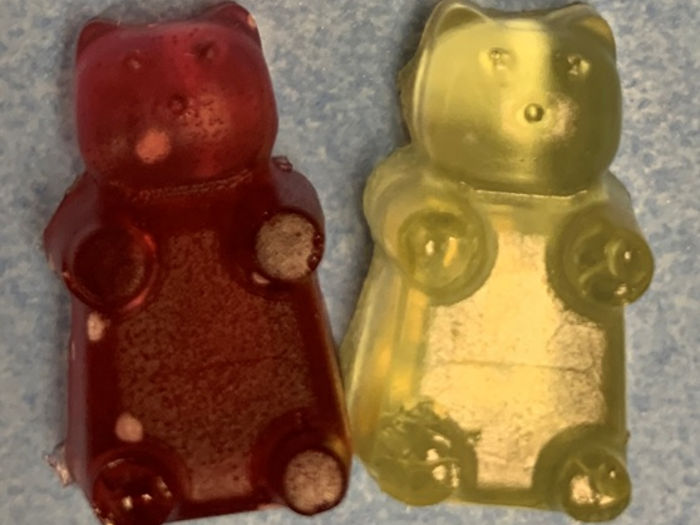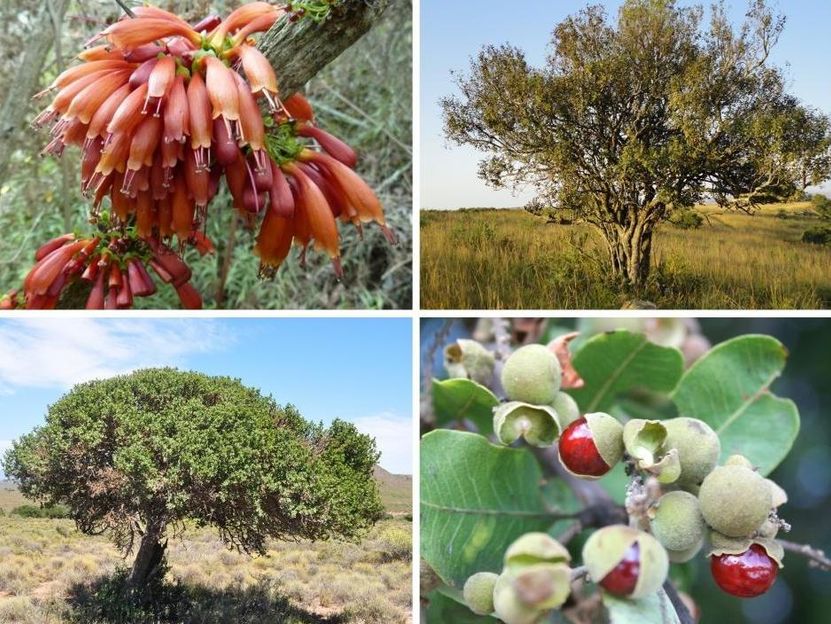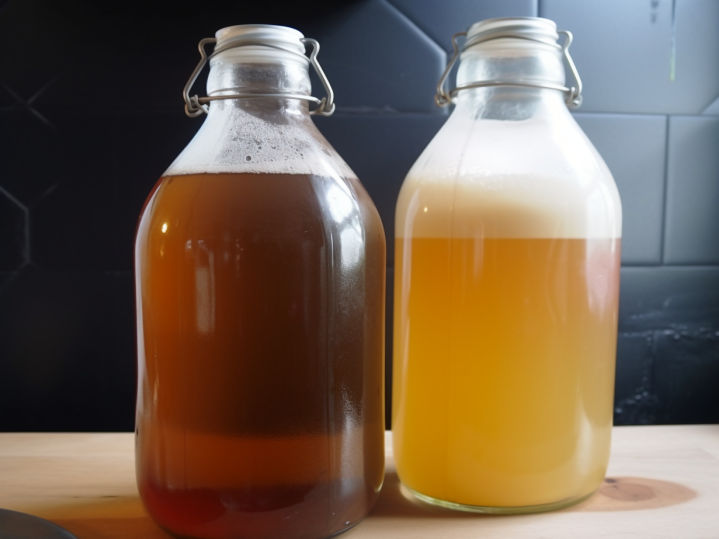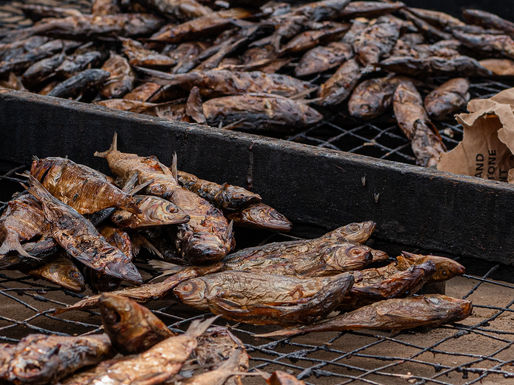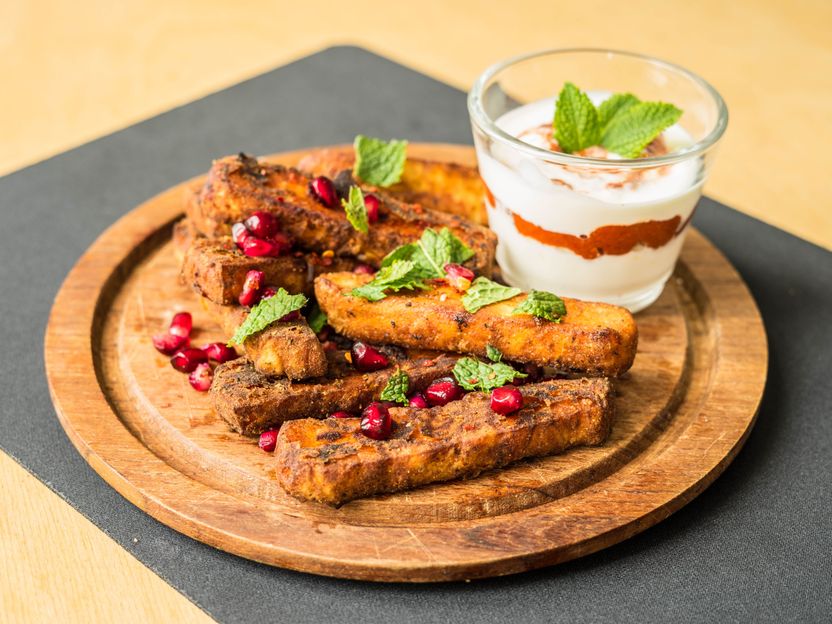Latin America dairy packaging can address environmental impact
Make recycling simple through easier separation of packaging elements
Consumers in the Latin American region are concerned about environmental factors, particularly as the region’s waste generation is increasing. However, the infrastructure for recycling presents a challenge.
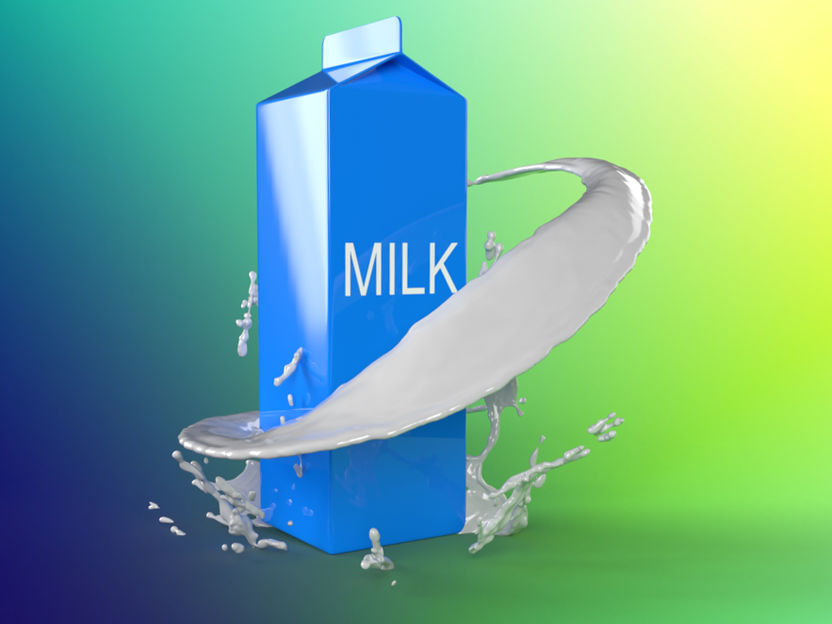
The definition of sustainability is broad. Dairy brands should communicate their eco-credentials and their rationale for the choice of packaging material to appeal to environmentally conscious dairy consumers in Latin America.
Recycling is a challenge for those in Latin America
An increase in waste generation across Latin America has become a cause for concern over recent years. Such factors as population growth, one of the highest rates of urbanisation in the world at 80%, economic growth and the elevation of many living in poverty to the middle classes are seen to be responsible factors.
Infrastructure plays a significant role. In high-income neighbourhoods, waste collection services are more common, but in low-income neighbourhoods, households often sell their recyclables for additional income. Around four million people in Latin America make a living from collecting and processing waste.
The use of recycled plastic is another option for operators to demonstrate care for the environment. According to Mintel’s 35-market consumer research study, two in five Brazilian consumers think that food and drink brands should use more recycled material when making packaging, such as Tirol UHT Milk which is made from 100% recycled material.
Make recycling simple through easier separation of packaging elements
In 2019, Nestlé Chile partnered with flexible packaging company Emsur to develop an innovative yoghurt pot label which is distinctive for its easy peel-ability. Ensuring that the label can be separated from the container is said to contribute to the recyclability of plastics.
Last year, Nestlé announced a global commitment to make 100% of its packaging recyclable or reusable by 2025. According to Mintel’s 35-market consumer research study, nearly half of Chileans think that food and drink brands should make it easier to recycle their packaging.
Dairy packaging looks to reduce plastic use
Small pack changes can reduce plastic use and show dairy shoppers that a brand is using the material responsibly, in line with Mintel Trend, ‘Rethink Plastic.’
Cardboard label
Kaarú Natural Greek Yogurt uses cardboard labels to reduce the use of heat-shrink plastic (Ecuador).
Lose the straw
Toni Traditional Cinnamon Flavored Long Life Milk Drink with Oats retails in a 250ml recyclable pack without straws to reduce plastic use (Ecuador).
Sugarcane bagasse lid
El Ordeño Trü UHT Long Life Semi-Skimmed Milk has an environmentally friendly lid made from sugar cane bagasse: the fibre that remains after sugarcane stalks are crushed to extract their juice (Ecuador).
Circular economy presents an opportunity
Packaging boasting longevity is a winner. Yoplait Origen Natural Yogurt with Agave Honey’s PET packaging is said to be reusable. This type of product is likely to appeal to half of Brazilian consumers who frequently use empty packages to store other food and drink they have at home, according to Mintel research on food and beverage packaging trends. More than half of Brazilian consumers already buy refillable products to support sustainability.
The notion of a circular economy is fundamental to the proposition of Loop, a circular shopping platform designed to eliminate waste. The consumer purchases a product via Loop’s online platform and returns the empty container. Loop is currently available in the Mid-Atlantic United States.
On-pack messaging about sustainability must be clear
The definition of sustainability is broad. In terms of packaging, it can refer to environmentally friendly materials but also the way in which the packaging is manufactured. The latter holds appeal, with over two-thirds of Brazilians considering products that generate less negative environmental impact during production to be sustainable, according to Mintel research on healthiness and sustainability in Brazil.
Gallito Dos Pinos Fresco Leche! Chocolate Flavoured Milk (Costa Rica) claims to be made from renewable resources, yet further information would be helpful. One in five Brazilian consumers agree that it’s difficult to understand label information on packaging, so brands must ensure sustainability messaging is clear.
An excellent example is from Lifeway Organic ProBugs, which claims that flexible packaging is an environmentally friendly alternative to rigid forms of packaging, requiring 75% less energy to produce and occupying 96% less space.
Leverage the visual appeal of glass
Brazilian consumers perceive glass to be more sustainable and visually appealing than plastic. However, glass is heavy, easily breakable and requires substantial energy to transport.
In 2019, packaging manufacturer Amcor developed the first PET bottles for pasteurised beer in Brazil. Utilising PET for New Age’s Salzburg beer brand offered a glass-like container combined with the convenience of lightweight and shatter-resistant PET. Amcor also developed transparent 1L PET bottles exclusively for leading Brazilian dairy brand Letti to replace the traditional white HDPE bottles.
Such innovation highlights the opportunity to leverage the visual appeal and quality perceptions of glass while providing a sustainable packaging solution. Communication on-pack regarding this is paramount.
What Mintel thinks
Latin American consumers show a great deal of interest in sustainable packaging. Since the infrastructure for recycling presents difficulties in many countries in the region, dairy brands can look to options other than recyclable packaging to demonstrate their sustainable credentials. Brands should also be cognizant of positive consumer perceptions towards glass but mindful of its limitations within the sustainability sphere.
